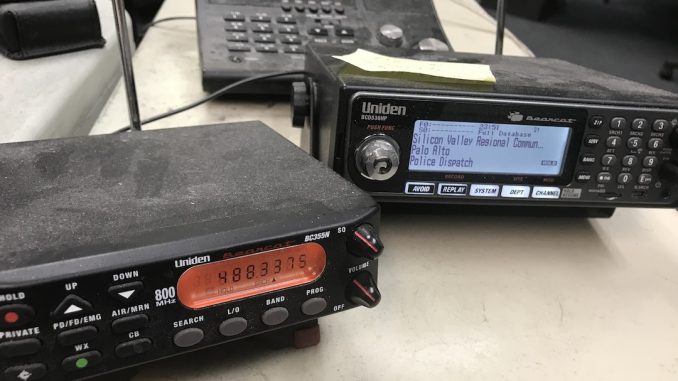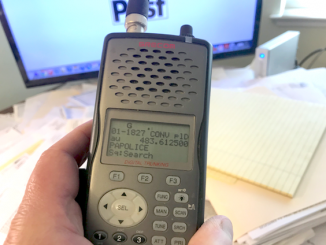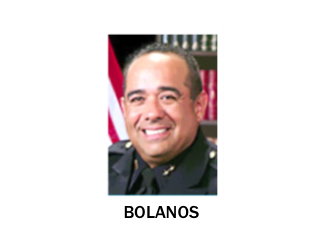
By the Daily Post staff
One of the arguments people make in favor of encrypting police radios is that if police dispatch calls were broadcast over the air, criminals would use that information to commit crimes.
Palo Alto encrypted its police radios on Jan. 7, followed by Mountain View and Los Altos. Other cities including Menlo Park, East Palo Alto, Atherton and Redwood City continue to broadcast without encryption.
The Post filed a public records request with the city of Palo Alto for “Any report between Jan. 1, 2018, and Jan. 1, 2021, of a crime in which the suspect(s) were aided by the use of a police scanner or police radio.”
The city’s response: “The city has no responsive records to your request. The Police Department does not keep a statistic of that information. If that information was obtained as part of a criminal investigation the report is exempt from the CPRA (California Public Records Act) pursuant to California Government Code Section 6254(f).” The code section refers to a provision of state law that allows police agencies to keep certain types of information confidential.
The Post also sought in its public records request: “Any reports between Jan. 1, 2018 and Jan. 1, 2021 about the illegal use of personal information obtained through a Palo Alto Police Department police radio transmission.”
The city’s response: “The city has no responsive documents to your request. The Police Department has no way of knowing if illegal use of personal information broadcasted over the police radio was used in a crime either within, or out of the City limits. …”
The Post put the same questions to Mountain View and Los Altos but they offered no instances when criminals used police radios to commit crimes.
The Post and other news outlets have argued that law enforcement has failed to show what harm has been caused by open police radio broadcasts. The news media use the police radio to stay on top of breaking news.
Palo Alto City Council members have asked that the encryption issue return to them as an “action item,” so they can decide whether the radios will be silenced or if the city should pursue a workaround that would allow some form of public broadcasts.



